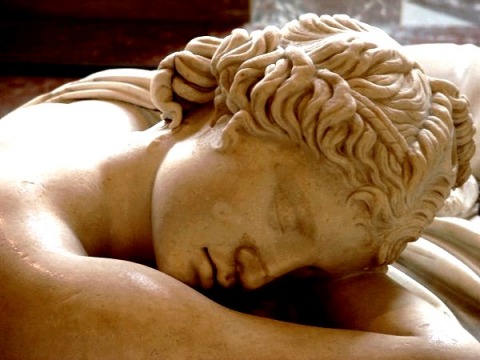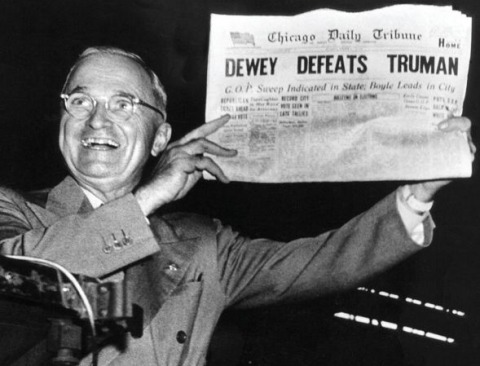
Philosopher David Benatar made ripples several years ago with his book Better Never to Have Been. The author maintains that in view of the pain, disappointment, anxiety, and grief of life, our parents did us harm by bringing us into existence.

Philosopher David Benatar made ripples several years ago with his book Better Never to Have Been. The author maintains that in view of the pain, disappointment, anxiety, and grief of life, our parents did us harm by bringing us into existence.
“There is a thought that stops thought. That is the only thought that ought to be stopped. That is the ultimate evil against which all religious authority was aimed. It only appears at the end of decadent ages like our own ....
“Man, by a blind instinct, knew that if once things were wildly questioned, reason could be questioned first ....

Hoorah! The blog has been redesigned with all the features readers have been asking for. You can subscribe, you can find the posts you’re looking for, you can link to them, and in general everything works better.
The RSS link is in the horizontal menu bar up above. If you prefer, you can use the link in the footer.
“The study of philosophy is directed not toward knowing what men may have thought but toward knowing what is true.” -- Thomas Aquinas, Commentary on Aristotle’s De caelo et mundo (trans. by James V. Schall, S.J.)

You propose to become a professional scholar. Unless you are independently wealthy, your ability to do so will depend on the expenditure of other people’s wealth (in the form of tuition, taxes, or patronage) to pay your salary. What reason can you sincerely give for what you want to do, sufficient to justify such expenditure? Consider possible objections. Discuss thoroughly.

"Everything in that old [pagan] world would appear to have been clean and obvious. A good man was a good man; a bad man was a bad man. For this reason they had no charity; for charity is a reverent agnosticism towards the complexity of the soul.” -- G.K. Chesterton, Heretics, Chapter 12
“The world has done its best to secure repose without relinquishing evil.” -- Nathaniel Hawthorne, “Egotism”
